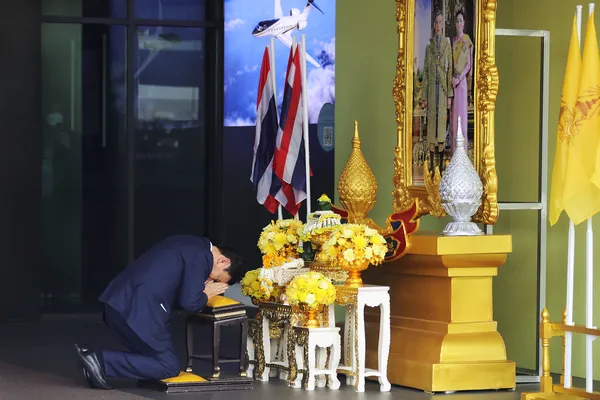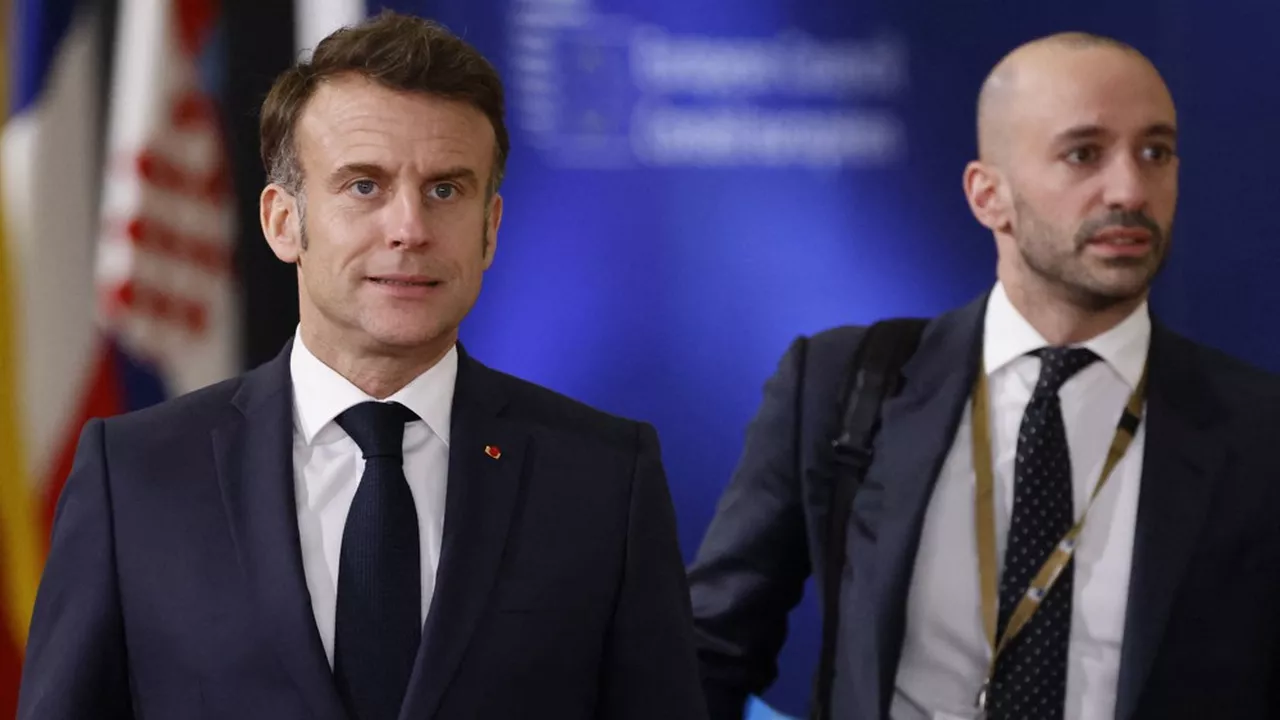Fall of Thai Tycoon Sends Cautionary Signal to Global Populist Leaders
The dramatic political and financial fall of Thai billionaire-turned-politician Thaksin Shinawatra offers a sobering lesson to populist leaders worldwide, including those in the Trump mold. Once a symbol of wealth-powered political success, Thaksin’s unraveling reveals the limits of strongman appeal in shifting democracies.
Once seen as the embodiment of business-savvy populism, Thailand’s Thaksin Shinawatra—a billionaire telecom magnate turned prime minister—now stands as a cautionary tale for a new generation of global populist leaders. His political empire has unraveled under the weight of military crackdowns, corruption allegations, and shifting voter sentiment, offering a warning to Trump-era figures who rely on wealth, charisma, and anti-establishment rhetoric to gain power. Thaksin’s trajectory—from a tech tycoon admired for modernization to an exiled political figure with a tarnished legacy—mirrors the rise and falter of populist strongmen across democracies.
A Billionaire’s Ascent
In the early 2000s, Thaksin stormed onto the political scene by leveraging his business background and a media-savvy, pro-poor message that resonated with rural and working-class voters. Through policies like universal healthcare and microloans, he created a loyal base while centralizing power and undermining traditional elites. His rise was swift, but so was the backlash.
Accused of corruption, media suppression, and cronyism, Thaksin was ousted by a military coup in 2006. He fled into exile but continued to influence Thai politics through proxy parties and populist successors—including his sister Yingluck Shinawatra, who was also later deposed. What Went Wrong?
Thaksin’s populism, rooted in personal wealth and a confrontational posture toward institutions, alienated key segments of Thai society: the military, judiciary, and urban middle class.
His downfall illustrates how populist leaders, while capable of capturing broad swaths of discontented voters, often fail to build sustainable political coalitions or respect institutional constraints. His business empire, once seen as a strength, became a political liability. Opponents accused him of using power for personal gain.
Courts later ruled that he had violated conflict-of-interest rules, seizing billions in assets. Global Parallels: The Trump Template
Thaksin’s rise predates Donald Trump’s by over a decade, but the parallels are striking. Both positioned themselves as anti-elite champions, flaunted their business success as proof of leadership acumen, and relied heavily on media to bypass traditional gatekeepers.
Yet Thaksin’s fall also serves as a possible glimpse into what could happen when such figures overreach. “Thaksin was a pioneer in billionaire populism,” says Dr. Supinya Klangnarong, a Thai political analyst.
“But in the end, he couldn't outrun the system he tried to overpower. That lesson is relevant beyond Thailand. ”
Trump, who also faces mounting legal woes, institutional challenges, and growing polarization, may find Thaksin’s fate a warning.
While both have loyal grassroots bases, their tactics of polarization and institutional antagonism make long-term governance unstable. Populism vs. Institutions
Thaksin's clash with the Thai military and judiciary reflects a broader trend: populist leaders often view checks and balances as obstacles to their vision rather than pillars of democratic governance.
In trying to reshape institutions or sidestep them, they often provoke fierce backlash—from within and outside the political system. In countries where the military holds sway, like Thailand, this tension can escalate quickly. But even in mature democracies, similar conflicts are surfacing—from Trump’s challenges to the U.
S. judicial system to Brazil’s Bolsonaro confronting electoral authorities. Economic Power Isn’t Political Immunity
A core element of Thaksin’s appeal—and hubris—was his belief that his wealth could shield him from political fallout.
That belief crumbled. The Thai courts froze over $1 billion of his assets, and efforts to reclaim political control from abroad largely failed. This challenges the assumption that billionaire populists are too powerful to fail.
In fact, their financial visibility and potential conflicts of interest often make them more vulnerable to institutional scrutiny. The Populist Playbook Is Evolving
The new generation of populists—from Trump and Hungary’s Viktor Orbán to India’s Narendra Modi—draw lessons from both success and failure. While Thaksin relied heavily on personality and personal wealth, today’s leaders build digital echo chambers, co-opt institutions, and embed themselves in culture wars.
Still, Thaksin’s failure illustrates a constant truth: populism without structural reform is brittle. When charismatic leaders fail to institutionalize their movements or groom successors, their legacy quickly collapses under pressure. Thailand’s Post-Thaksin Politics
Today, Thailand’s political landscape remains deeply divided.
Despite multiple military crackdowns and judicial bans, parties aligned with Thaksin continue to perform well at the polls—most recently with the Pheu Thai party. However, younger voters increasingly favor newer progressive parties like Move Forward, signaling a shift from strongman populism to issue-based activism. Analysts say this shift further weakens the staying power of Thaksin-style politics.
"The populism of the 2000s no longer resonates with young Thai voters," said Nattha Komolvadhin, a political correspondent in Bangkok. “They want reform—not just rhetoric. ”
Conclusion: Populism's Fragile Crown
Thaksin’s dramatic political fall reveals the limits of billionaire populism in the modern age.
Though wealth, media mastery, and direct appeals to the electorate can create quick political wins, they rarely translate into lasting power unless they’re coupled with institutional respect and inclusive governance. For leaders in the Trump mold, Thaksin’s story is both a blueprint and a warning. Populism may rise fast—but it can fall even faster when built on ego, confrontation, and unchecked ambition.




